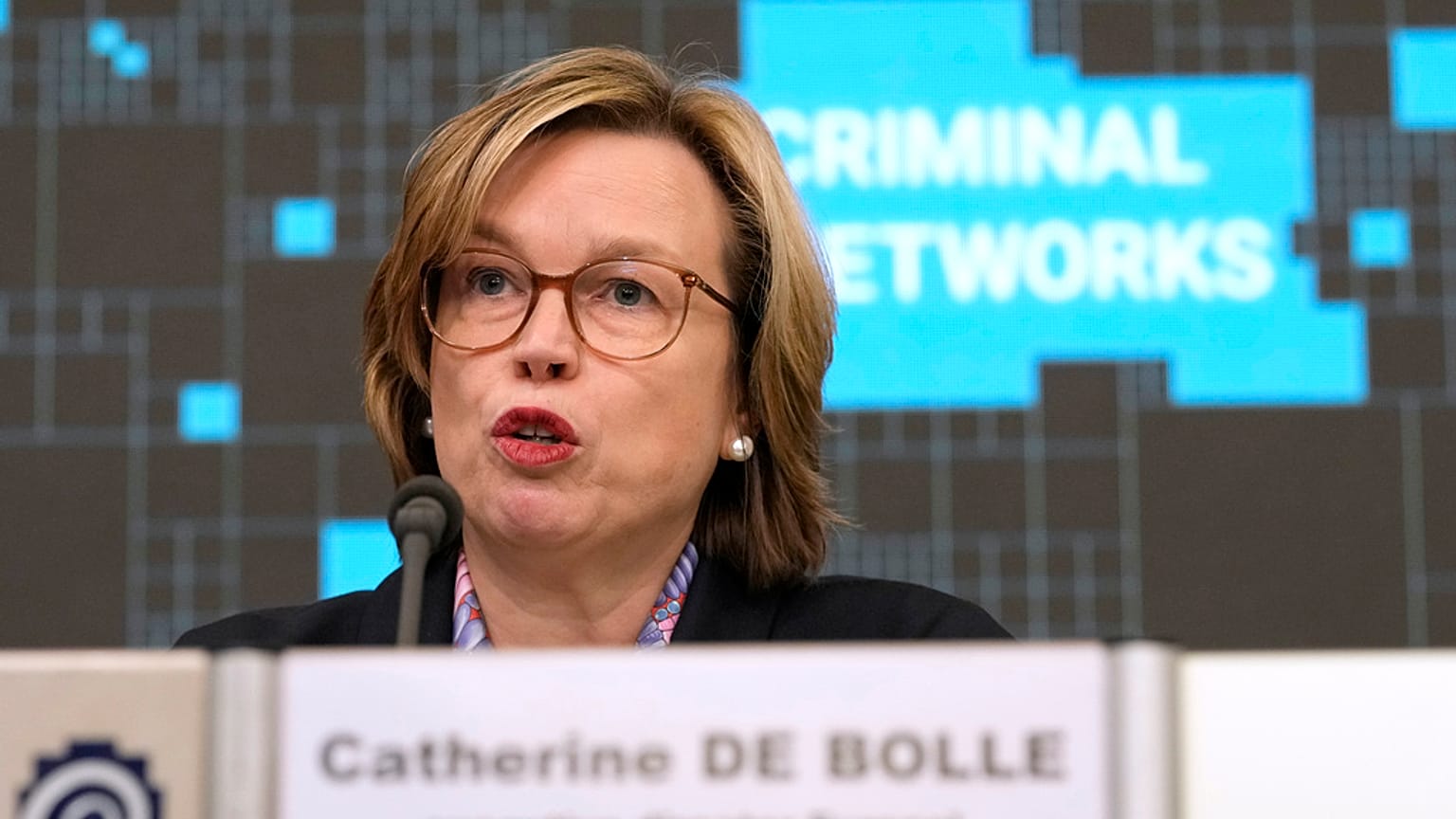Crime webs are penetrating legitimate businesses across the 27-nation bloc, relying heavily on corruption to develop their activities.
A bleak picture has emerged from a report published Friday by the EU crime agency.
 ADVERTISEMENT
ADVERTISEMENT
 ADVERTISEMENT
ADVERTISEMENT
Europol has identified 821 particularly threatening criminal networks with more than 25,000 members across the bloc.
According to the agency, 86% of those networks can infiltrate the legal economy to hide their activities and launder their criminal profits.
Europol cited the example of a gang leader identified as an Italian businessman of Argentinian origin residing in Marbella, Spain. The individual specialises in drug trafficking and money laundering and manages several companies, including one that imports bananas from Ecuador to the EU. He also owns sports centres in Marbella, commercial centres in Granada and multiple bars and restaurants, it said.
“An Albanian accomplice, based in Ecuador, takes care of the import of cocaine from Colombia to Ecuador and the subsequent distribution to the EU. Ecuadorian fruit companies are used as a front for these criminal activities,” the report said.
Europol also cites families from Italy’s ’Ndrangheta organised crime syndicate, one of the world’s most powerful, extensive and wealthy drug-trafficking groups. Their profits from drug and arms trafficking as well as tax defrauding are invested throughout Europe in real estate, supermarkets, hotels and other commercial activities, it said.
Another characteristic of these networks is the borderless nature of their structure, with 112 nationalities represented among their members, the report added.
“However, looking at the locations of their core activities, the vast majority maintain a strong geographical focus and do not extend their core activities too broadly,” Europol said.
As for their activities, drug trafficking and corruption are the main concern for EU officials.
As record amounts of cocaine are being seized in Europe and drug-related violent crime is becoming increasingly visible in many EU countries such as Belgium and France, drug trafficking is standing out as the key activity, the report said.
Half of the most threatening criminal networks are involved in drug trafficking, either as a standalone activity or as part of a portfolio.
More than 70% of networks engage in corruption "to facilitate criminal activity or obstruct law enforcement or judicial proceedings. 68% of networks use violence and intimidation as an inherent feature of their modus operandi,” the report said.
In Belgium, with Antwerp the main gateway for Latin American cocaine cartels into the continent, gang violence has been rife in the port city for years. With drug use on the rise across the whole country, federal authorities say trafficking is rapidly penetrating society.
“Organised crime is one of the biggest threats we face today, threatening society with corruption and extreme violence,” said the European Commissioner for Home Affairs, Ylva Johansson.
Europol said the data will be shared with law enforcement agencies in EU member countries, which should help better target criminals.














